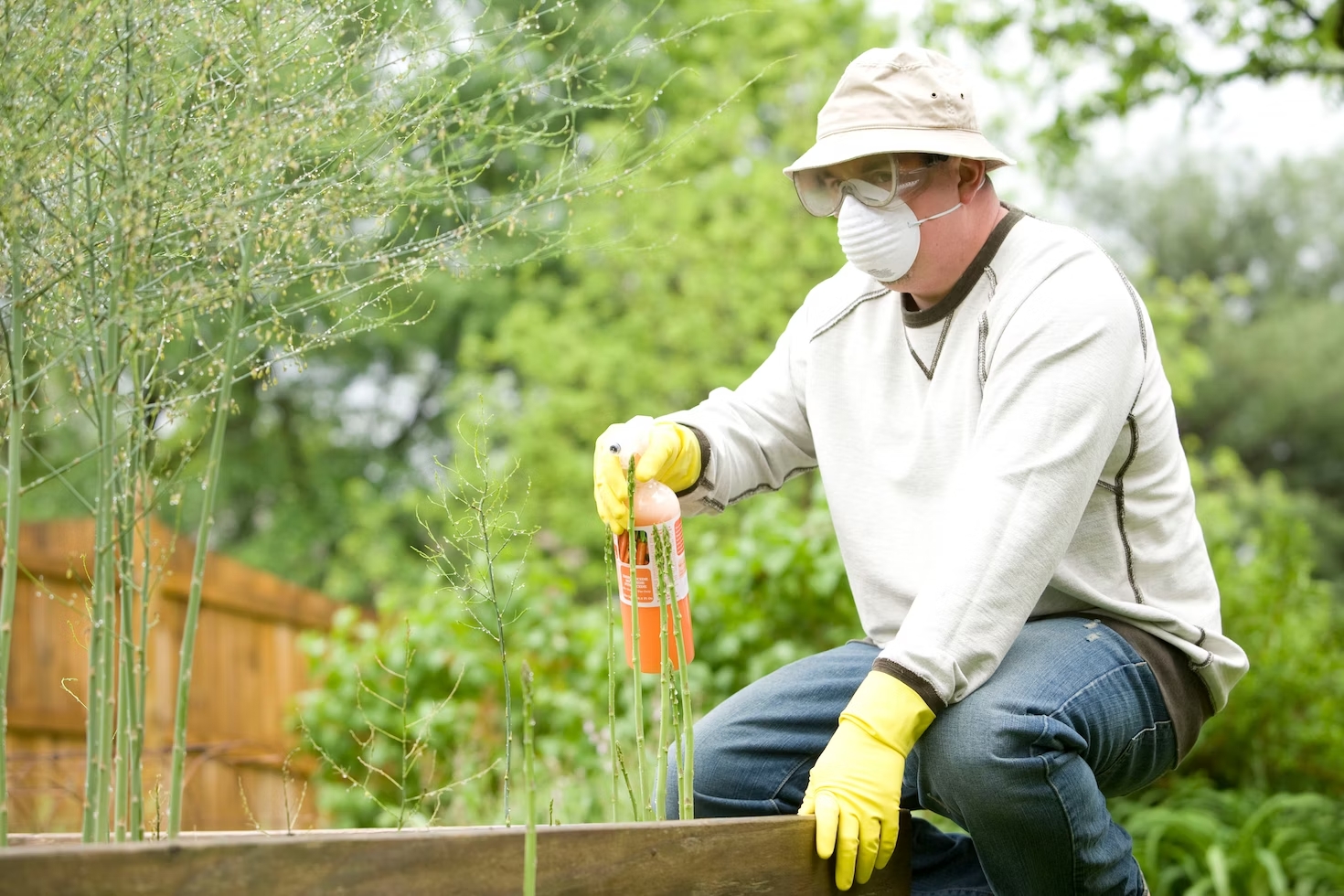EDUCATIONAL OUTREACH BY FLEA CONTROL SERVICES: EMPOWERING CLIENTS FOR EFFECTIVE FLEA MANAGEMENT

Flea infestations can be a persistent nuisance, affecting both homes and pets. While professional fleas control services Ipswich offer expertise in eradicating these tiny invaders, the key to long-term success lies not only in extermination but also in educating clients. Educational outreach by fleas control services is a powerful tool for empowering clients with knowledge about flea prevention, identification, and sustainable practices. In this article, we will explore the significance of educational outreach in the realm of fleas control services and how it contributes to a more informed and empowered client base.
Understanding the Flea Challenge
Fleas are small, agile insects that feed on the blood of mammals. Regardless of having no wings, their powerful hind legs allow them to jump remarkable distances, making them adept at moving between hosts. Flea infestations often start with a few individuals hitching a ride into homes on pets or clothing. Once inside, they reproduce rapidly, laying eggs in carpets, bedding, and other areas where pets and humans spend time.Fleas not only cause discomfort with their bites but can also transmit diseases and parasites. Effective fleas control involves a combination of extermination methods and preventive measures to break the flea life cycle.
The Role of Flea Control Services
Professional fleas control services play a crucial role in managing infestations. These services often employ trained technicians who assess the extent of the infestation, identify key areas of concern, and implement targeted treatments to eliminate fleas. While the immediate goal is to eradicate the current infestation, a forward-thinking approach involves educating clients on how to prevent future issues.
The Significance of Educational Outreach
Educational outreach empowers clients with the knowledge to be proactive in preventing and managing flea problems. Here’s why educational outreach is a foundation of effective flea control services:
Prevention is Key
Educating clients about the importance of preventive measures empowers them to take proactive steps. Understanding how fleas enter homes and recognizing early signs of infestations enables clients to implement preventive strategies.
Holistic Approach
Educational outreach promotes a holistic approach to flea control. It goes beyond extermination by addressing factors such as environmental conditions, pet care practices, and home maintenance.
Client Empowerment
Informed clients can make better decisions about their living spaces and pets. By understanding the lifecycle of fleas, the factors that contribute to infestations, and the effectiveness of different control methods, clients are equipped to make informed choices.
Sustainable Practices
Educational outreach encourages environmental awareness. Clients learn about the impact of certain products on ecosystems and are introduced to sustainable practices that minimize harm to the environment.
Tailored Solutions
Each home is unique, and clients may have specific concerns or challenges. Educational outreach allows fleas control services to provide tailored solutions based on the client’s lifestyle, home structure, and pet care practices.
Long-Term Success
Educating clients is an investment in long-term success. Clients who understand the importance of consistent preventive measures and environmental management are more likely to maintain a flea-free home over time.
Key Educational Topics for Flea Control Services
The topics covered in educational outreach efforts should be comprehensive, addressing various aspects of flea control. Here are key educational topics that flea control services may include:
Flea Biology and Life Cycle:Understanding the stages of the flea life cycle helps clients grasp the importance of consistent control measures.
Identification of Fleas:Teaching clients how to identify fleas and their early signs empowers them to take swift action.
Preventive Measures:Explaining preventive measures, such as using flea collars, regular grooming, and environmental management, helps clients establish a proactive routine.
Environmental Management:Highlighting the significance of maintaining a clean environment and addressing areas where fleas breed is crucial for long-term success.
Pet Care Practices:Educating clients on proper pet care practices, including bathing, grooming, and regular veterinary check-ups, contributes to overall flea prevention.
Risks of DIY Products:Providing information on the risks associated with DIY flea control products helps clients make informed decisions about their use.
Sustainable Practices:Encouraging environmentally friendly practices, such as the use of natural repellents and eco-friendly products, aligns with a sustainable approach to flea control.
Seasonal Considerations:Discussing how flea activity varies with seasons helps clients adapt their preventive measures accordingly.
Recognizing Hotspots:Identifying areas in homes and outdoor spaces that are prone to fleas allows clients to focus on targeted control efforts.
Measuring the Success of Educational Outreach
Assessing the success of educational outreach efforts involves both qualitative and quantitative measures:
Client Feedback:They gather feedback from clients through surveys, reviews, and testimonials to understand the impact of educational outreach on their knowledge and practices.
Infestation Trends:They monitor trends in infestation rates among clients who have participated in educational outreach. A decrease in infestations indicates the effectiveness of preventive measures.
Community Engagement Metrics:They measure the reach and engagement of community outreach efforts. Increased participation in workshops or heightened interest in educational materials indicates success.
Continued Learning:They assess clients’ continued engagement with educational materials and events over time. Consistent participation reflects ongoing interest and learning.
Comparative Studies:They conduct comparative studies between clients who have received educational outreach and those who haven’t. Analyze the differences in knowledge, preventive practices, and infestation rates.
Community Engagement and Collaboration
Educational outreach is not only limited to individual clients but fleas control services can also engage with communities. Collaborating with local pet stores, veterinary clinics, and community centers can amplify the impact of educational efforts. Fleas control services can conduct workshops, distribute materials, and provide resources to local organizations to reach a broader audience.
The Evolving Landscape of Flea Control Education
As knowledge about fleas and sustainable practices continues to progress, fleas control services must adapt their educational outreach strategies. Staying informed about the latest research, innovations, and eco-friendly solutions ensures that clients receive the most up-to-date and effective information.
Indeed, educational outreach is a powerful tool for fleas control services to empower clients with the knowledge and skills needed for effective flea management. By providing comprehensive information on prevention, identification, and sustainable practices, these services contribute not only to immediate solutions but also to long-term success in maintaining flea-free homes. A well-informed client base is an active partner in the battle against fleas, making educated decisions that benefit their homes, pets, and the environment. Fleas control services that prioritize educational outreach play a vital role in creating healthier and more informed communities.




